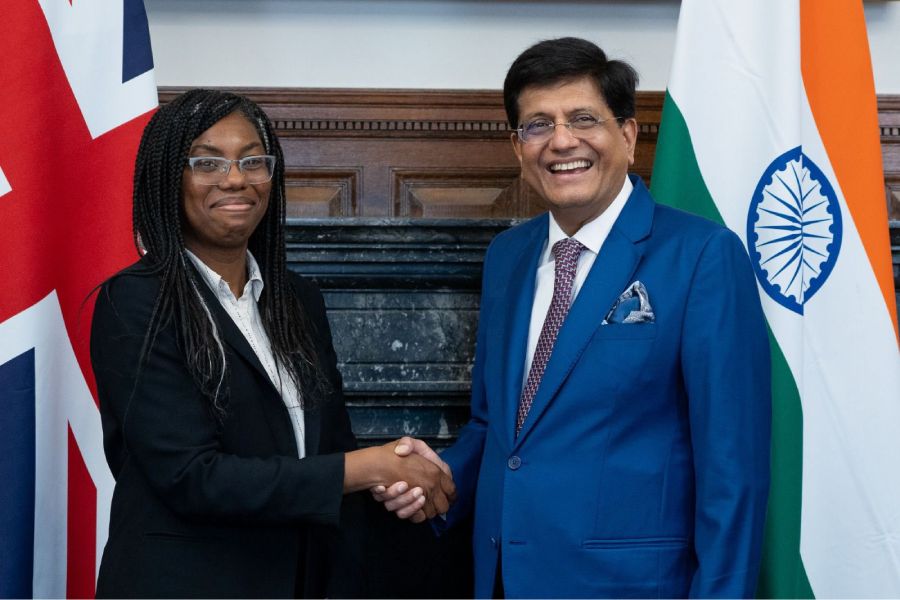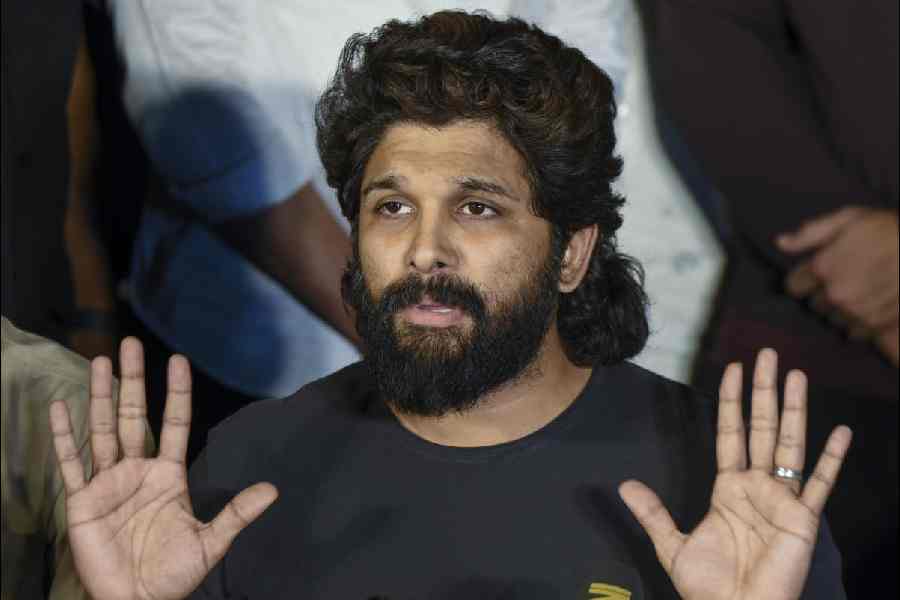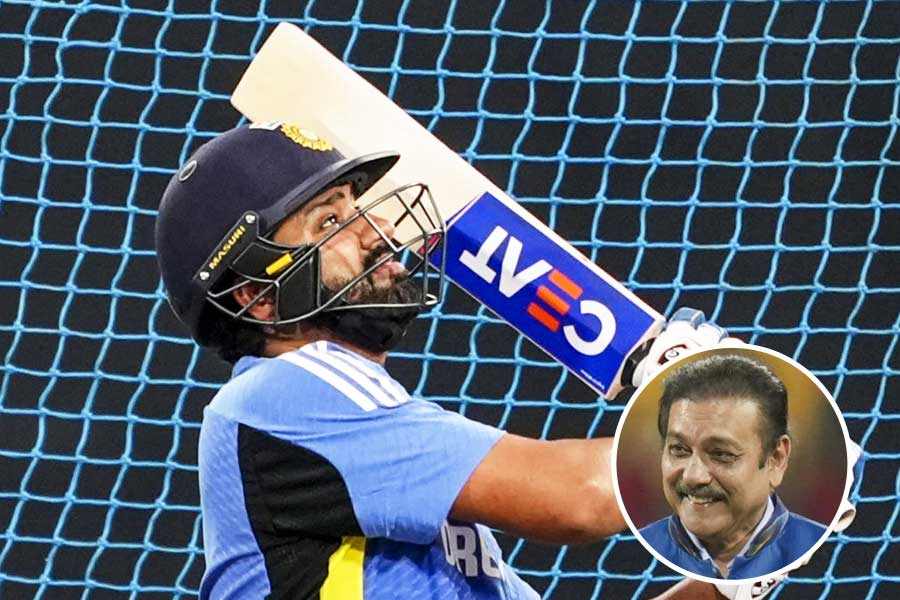UK Business and Trade Secretary Kemi Badenoch on Thursday said India and Britain are “actively” discussing business mobility under the proposed free trade agreement (FTA) and the negotiations are now in the final stages.
The UK minister also said that overall visa liberalisation issues do not come under the ambit of trade pacts.
“We are now in the final stages (of FTA negotiations), I can't give a deadline. Anything can happen. I don't like to raise people's expectations …but I am very optimistic and I am working closely with my counterpart (Commerce) Minister Piyush Goyal to make sure that we can deliver something that both our countries will find mutually beneficial,” Badenoch told reporters here.
The minister is here to attend the G20 trade and investment ministers meeting.
The UK minister said that both countries are working to accommodate issues with regard to bilateral investment treaty and business mobility so that it works for both the two nations.
“Actually visas and visa liberalisation don't come within free trade agreement. It's an immigration issue, which is dealt with by our home office and we have a points-based system.
"What I look at is business, for which business mobility comes into the trade framework. And that's something again, as I said, I can't go into the details…Bilateral investment treaty…business mobility, these are things which we are discussing, we are actively discussing, to find an accommodation that works for both the countries so I am optimistic,” she told reporters here.
She was replying to a question about some concerns on visa liberalisation in the UK government and how the UK is addressing those concerns and about the talks on the bilateral investment protection agreement.
The fifth round of negotiations is in progress between the two countries. Both countries are looking to iron out differences over investment treaties, rules of origin, intellectual property rights and other issues. Indian industry was pressing hard to get easy access for domestic professionals.
Badenoch also said that the UK government is “very” serious about getting the deal done.
“I can not go into the details of all the negotiations…the chief negotiators know the details…We don't want to interfere with the work that they are doing. But what I will say is that like any negotiations, the hardest best tends to come at the end,” she said, adding that several chapters of the pact have been closed.
When asked about the possible differences over the Ukraine conflict in the G20 meeting, she said that these are things that happen at all multilateral.
“For us, it is very difficult to get many countries to agree on, you know, on communique…So given who the members of the G-20 are, of course, it's going to be difficult,” she said adding “we hopefully we will be able to see something that is right, but we may not. And if that is the case, I think the overall message will still be quite clear”.
Earlier in some G20 meetings, members failed to come out with a communique due to differences over language on the Russia-Ukraine conflict.
On WTO (World Trade Organisation) reforms, the UK minister said that the UK and India have a lot in common in terms of those reforms.
“It's about the dispute settlement mechanism. It's about things like e-commerce, building resilience in supply chains. And I think on something like that India and the UK both very much share that ambition to make our supply chain stronger to build resilience and economic security…I think those are some of the things that we have in common,” she added.
Except for the headline, this story has not been edited by The Telegraph Online staff and has been published from a syndicated feed.










